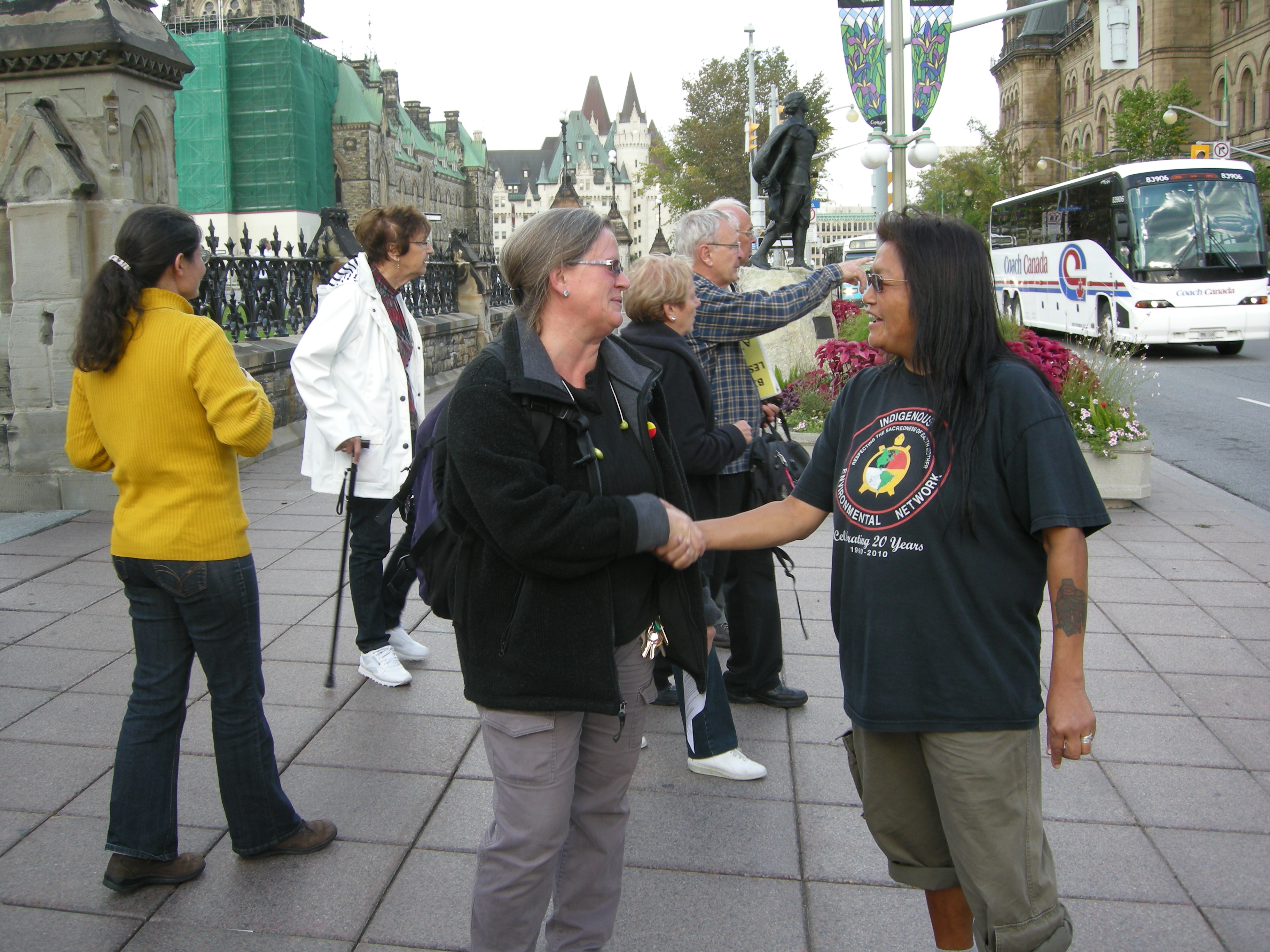A new report by the Spanish based humanitarian organization DARA concludes that unless the world takes drastic action climate change combined with carbon pollution will produce a massive death toll over the next two decades.
In the words of the report: “Continuing today’s patterns of carbon-intensive energy use is estimated, together with climate change … to claim 100 million lives between now and the end of the next decade.”
The report — which is based on the latest scientific information and was commissioned by the Climate Vulnerable Forum, a partnership of 20 developing countries — details the actual deaths caused by climate change and carbon pollution for the year 2010.
It enumerates those deaths in seven categories that include diseases, chronic health issues and natural disasters.
In 2012, the report says, 85,000 deaths were from diarrheal infections, 225,000 from hunger, and 1,400,000 from air pollution. The total for 2010 was 4,975,000.
The Climate Vulnerable Forum Report then estimates that the annual death toll will rise to very close to 6 million by 2030.
Most of the carnage will occur in poorer countries, where small increases in climate can have devastating effects on agriculture, and the economy in general. But, as we have seen from this summer’s drought, richer, more developed countries are not immune.
Conservatives think environment is good for something: political attacks
The current Canadian government’s climate change policy has been to exit from the Kyoto agreement, roll back federal environmental rules and actively promote expansion of the oil sands. DARA’s climate vulnerability monitor classifies the oil sands as an “environmental disaster.”
Of late, the Conservative government has only seemed to evince any notice of the environment when it castigates the NDP for advocating a “job-killing carbon tax”. Leaving aside the fact that the accusation is false, the government’s own climate change plan — such as it is — involves what virtually all experts consider to be the ineffective and inefficient mechanism of regulation.
Of course, more stringent regulations should, if they are to have any teeth, entail costs for businesses, which they would pass on to consumers.
The Conservatives actually claim that the way they are going about it, that won’t happen.
The Environment Minister’s Parliamentary Secretary, Michelle Rempel, told CBC radio’s The House that her government had miraculously achieved the environmental equivalent of a virgin birth: a climate change policy with no cost.
This government’s dead set against putting a price on carbon, or taking any other serious measures to combat climate change — and damn the torpedoes and all those folks in poor countries!
And that is why a dedicated group of Canadians are holding a fast and vigil for climate justice on Parliament Hill.
The group’s main demands are that we eliminate fossil fuel subsidies, put a price on carbon and develop a plan to emphasize conservation and renewable energy. As of Tuesday afternoon, they were doing brisk business gathering signatures on their petition at Parliament’s main gate.
The multitude of tourists from France, China and other countries who flock to the Hill at this time of year were, in many cases, sympathetic, but not in a position to sign. But Lyn Adamson, Rita Bijons, Dewan Afzal, Adriana Mugnatto-Hamu, Sylvia Grady, Ken Billings, Raven Courtney, Vincent Pang, Sue-Lynn Manone were having more success with the local people and Canadian visitors passing by.
Highest price paid by the poorest countries
Today is Yom Kippur, the Day of Atonement, a fast day on the Jewish calendar. Some of us might consider dedicating our fasts to atoning for our sins against the planet, and join, in spirit, with the nine on Parliament Hill.
The sad reality is that Canadian politicians might just be able to ignore the perils to the planet of climate change without fear of significant political consequences. The Conservatives seem to think so, at any rate. And, despite their know-nothing stance vis-à-vis climate change, the Conservatives probably know this much: those of us in rich countries who sin most against the environment will not pay the greatest price in lives lost.
As the “Fast and Vigil for Climate Change” puts it, on its website: “Countries that have not benefited from industrial development spurred by fossil fuels will experience the most devastating effects.”
Karl Nerenberg covers news for the rest of us from Parliament Hill. Donate to support his efforts today. Karl has been a journalist for over 25 years including eight years as the producer of the CBC show The House.



